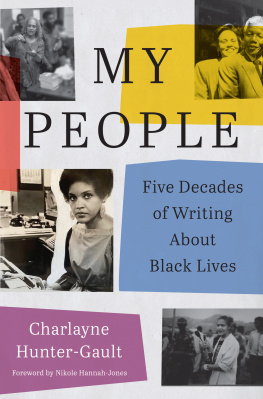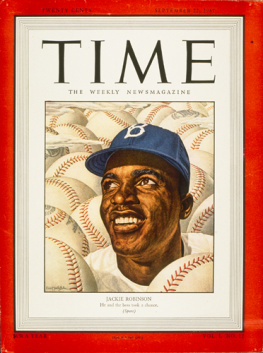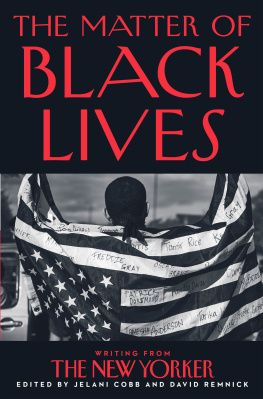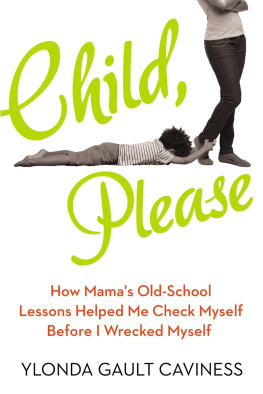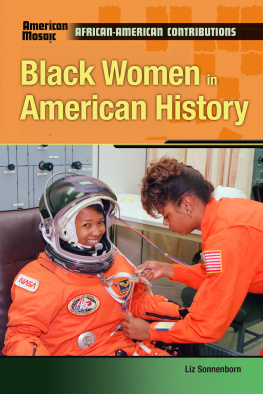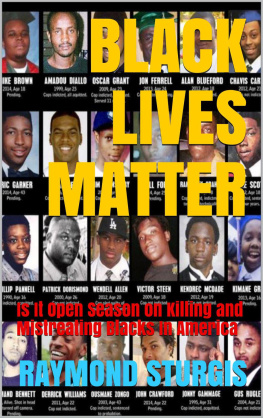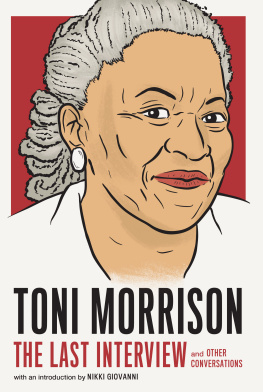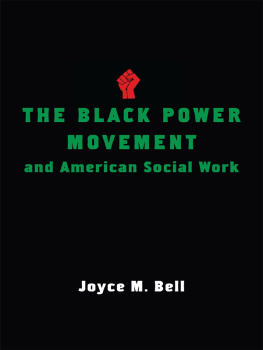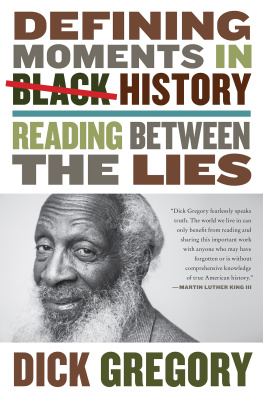To the next generation of journalists who I hope will join me in fighting the good fight. And to the late Valerie Boyd, the Charlayne Hunter-Gault Distinguished Writer in Residence at the Grady College of Journalism and Mass Communication at the University of Georgia and a multitalented author, journalist, and friend who helped me choose students committed to giving voice to the voiceless. Long Live!
I first met Charlayne Hunter-Gault in 2016 when I shared the stage with her in New York City during a panel on covering race held for the George Polk Awards. I am not a journalist who has ever cared about how my profession can give access to celebrity, but meeting Charlayne Hunter-Gault for the first time rendered mefor lack of a better wordstarstruck. It is seldom that one gets an opportunity to sit in conversation with someone whose life, activism, and career quite literally made it possible for you to live yours as you have, but for me, Ms. Hunter-Gault embodies that rarest of people. I did not feel worthy of sharing the stage with an icon of the civil rights movement, someone who integrated the all-white University of Georgiaand therefore its all-white journalism program that would one day award us both the Peabodysomeone who had helped integrate newsrooms, someone who had been cataloguing the beauty and triumphs, struggles and resistance, of Black people across the diaspora for longer than I had been alive. Its a scary and vulnerable thing to meet your heroes, and yet, Ms. Hunter-Gault treated me with the grace and generosity that she is known for even as I told her repeatedly how honored I was to meet her and talk with her. So when an email from her popped up in my inbox asking me to write the foreword for her new book, I took it as such a tremendous honor.
In the aptly named My People, the veteran journalist compiles decades of reporting from the various news organizations lucky enough to have employed her, reports that begin with her own experiences integrating the University of Georgia, stretching throughout the Souththe ancestral land of Black Americansto the urban North, where she established the Harlem Bureau for the New York Times, and crossing the Atlantic to chronicle the freedom struggles of Black people on the African continent. In each story, Ms. Hunter-Gault brings the determination to analyze the fruits of the racial caste system that she was born into while also documenting the humanity, the striving, the joy, and the creativity of her peopleour people. As she writes in , she wanted to focus on reporting she didnt see much of in the magazine (or anywhere else) at the timethe experience of ordinary Black people in the segregated South, like my dear grandmother. And while it was a South that had been challenged and changed by mostly young civil rights activists, I thought it was important to tell a story that focused on the ongoing, day-to-day experiences of ordinary Black people. It was equally important to me to show readers where we got our own sense of commitment to family and community. So I embarked on a journey that shed some light on those realities.
Ms. Hunter-Gault provided a template for me and countless other Black journalists across the world. Like mine, her interest in journalism was piqued as a precocious preteen, and like me, she came to understand that for Black journalists in the United States, there could be no pretense of neutrality in a nation that actively legislated against and suppressed the rights of our people.
What does journalistic neutrality and objectivity look like when your career began with a fight for racial justice? When you spent your life being the first of your race to accomplish the things that you did because Black people had been either officially or unofficially barred from doing those things before? Where your very education and career were born out of activism and the generational Black rights struggles? Where youve always known that democracy in the United States was more an idea than a reality, one that has to constantly be fought for, and that America is not the free and just country it purported to be?
Through Ms. Hunter-Gaults reporting and personal biography we see that what has been treated as journalistic objectivity in nearly all-white newsrooms that produce a nearly all-white report has and remains to be the antithesis of objectivity; that newsrooms became richer, more accurate, and more democratic as reporters such as Ms. Hunter-Gault took their places in them.
In these chapters we see Ms. Hunter-Gault as a young woman becoming part of the movement, then cataloguing it, then we see her through the years watching new movements arise, watching them falter, and then ultimately eulogizing her contemporaries.
We get to witness the journalist as her writing and thinking evolves, as her reporting spans continents and yet tells for Black people across the diaspora an often-familiar story of resistance and resilience, and for white Americans reveals our often-overlooked humanity. We witness writing that is powerful and urgent and unflinching and, perhaps most of all, determineddetermined, as my spiritual godmother Ida B. Wells said, to shine the light of truth upon our society. And we see through her reporting that the battles she waged for equalitystarting as a college student determined to gain access to the state university that her own parents subsidized with their tax dollarsare never won for good, that the struggle is ongoing, that the legal barriers have fallen but the architecture of racial inequality remains. And as Ms. Hunter-Gault shows us, as long as the architecture of racial inequality remains, so does the journalists mandate to investigate and report on it.
This volume is a clinic for other journalists, but especially for Black journalists, as it is clear from every story, every interview, every voice centered in the work, that Ms. Hunter-Gault centered her work among Black people and saw herself as a Black journalist.
Here lies the work of a woman whose destiny would be both to chronicle history and to make it.
Nikole Hannah-Jones
The civil rights movement in Atlanta, Georgia, put me on the path of reporting stories that focused on the promise of liberty and justice for all, a promise that had been so long denied to my people. The lie of separate but equal was still the law of the South, and while not on the books, it was alive and well even up north, commonly referred to as Up South at the time. My effort to make the promise of our democracy and my dream of becoming a journalist a reality at the University of Georgia, an all-white establishment for its 176 years of existence, was working its way through the resistant system, and I had temporarily enrolled at Wayne State University in Detroit, which offered some courses in journalism. But the civil rights movement that had begun on February 1, 1960, with young Black college students sitting in at a lunch counter in Nashville, Tennessee, had now reached Atlanta, and some of my closest friends from our high school days were among those who were taking to the streets demanding that Dogwood City fulfill the promise of equal rights to them and all who looked like them.
At the same time, the Atlanta student movement was just one of many protest movements taking place all over the South. And I kept my eye on those, albeit from a distance.
And so it was in Atlanta that I took my earliest steps on my journalistic journey, steps that led me into the basement of an upstart newspaper called the Atlanta Inquirer. The paper was started by one of the men whose approach to myself and Hamilton Holmes ended with us desegregating the University of Georgia, where I was by this time matriculating. M. Carl Holman was a professor of English at the all-Black Clark College in Atlanta. He was close to many of its students and those from the two other Black collegesMorehouse and Morris Brown, many of whom were taking part in the civil rights protests. They had organized themselves into what they called the Committee on Appeal for Human Rights, and had created a document that laid out their demands for racial justice, insisting they did not intend to wait placidly for those rights which are already legally and morally ours to be meted out one at a time.... [W]e want to state clearly and unequivocally that we cannot tolerate, in a nation professing democracy and among people professing Christianity, the discriminatory conditions under which the Negro is living today in Atlanta, Georgia, supposedly one of the most progressive cities in the South.

